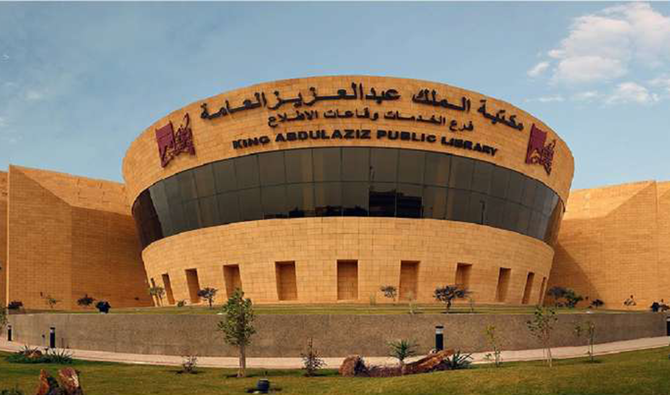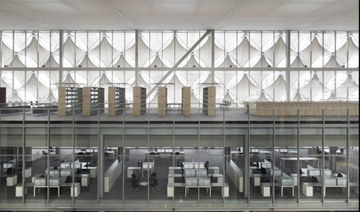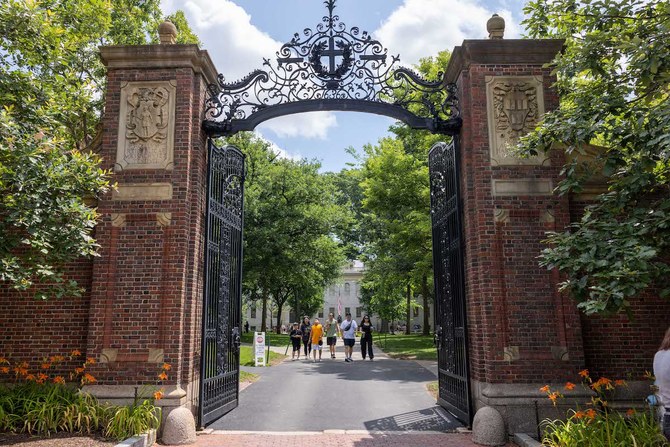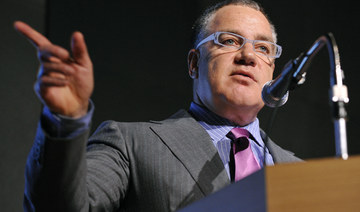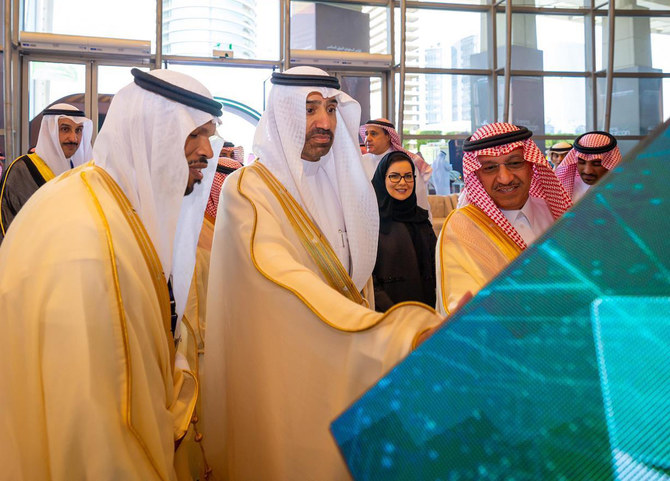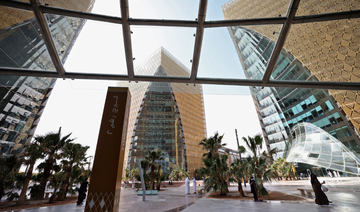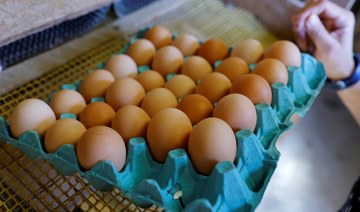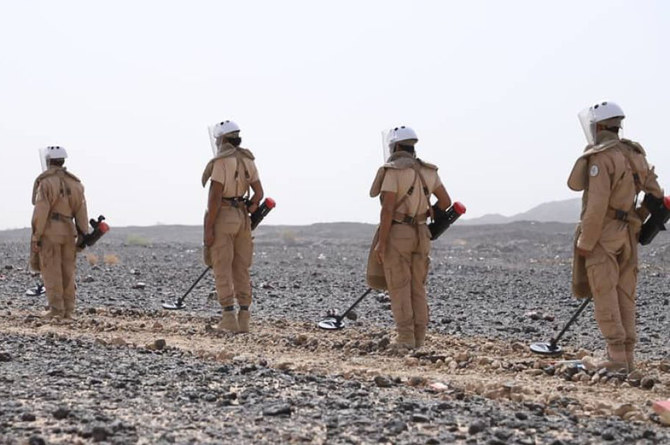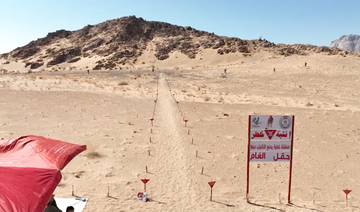JEDDAH: Books and libraries play a key role in nation building. For nations to prosper, it is necessary to delve deeper into the past to lay foundations of a stronger future.
Saudi Arabia is well on the path to preserving the remnants of its rich past — in the form of heritage sites and collections of rare manuscripts about the region’s past.
In this regard, a new collection of rare books which the King Abdul Aziz Public Library in Riyadh has acquired shed important new light on the history of the Arabian Peninsula. The collection contains archaeological and linguistic information about civilizations that once thrived in the northwest of the Kingdom.
Dr. Abdulrahman Al-Orabi, a professor of modern history and international relations at King Abdul Aziz University, said: “Many of these rare books are written by travelers of different nationalities: English, French and German. Their explorations led to many discoveries.”
Sean Foley, a professor of the Middle East/Islamic history at Middle Tennessee State University, told Arab News: “The new collection will help scholars around the world to further understand the Kingdom.”
“(It) will be welcomed by scholars like me, who focus on Saudi Arabia, the Middle East, and world history. It illustrates clearly that there has long been an interest in the history of the Kingdom — seen as a mysterious and distant land by audiences around the world,” he said.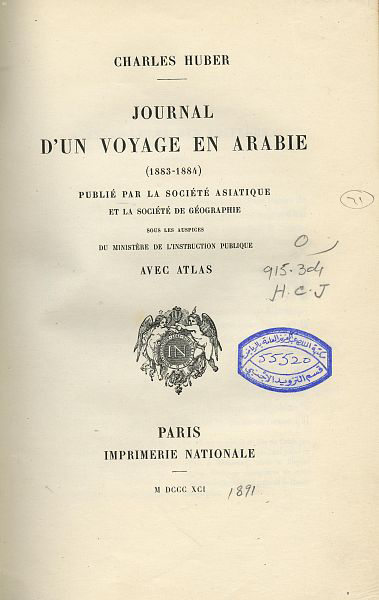
The northwestern areas of the Kingdom have always been a destination for Western travelers, foreign missions, and orientalists, led by their passion and thirst for knowledge. Muslim travelers also wrote extensively about this region’s history and geography but their works, unfortunately, were never translated into Latin, which was then Europe’s lingua franca. This led to a knowledge gap, which motivated Westerners to explore this part of the world.
One of the books is “Travels in Arabia Deserta” by Charles M. Doughty, who visited the north of the peninsula between 1875 and 1877. He wrote about the archaeological treasures of Madain Saleh.
Around the same time, French traveler Charles Huber also undertook a scientific trip to the area accompanied by M. Euting, an expert in Semitic inscriptions, which they detailed in a book titled “Journal of a Journey to Arabia” in 1891.
FASTFACT
Most of the books were written by Western travelers and give an informative account of their journeys to regions that are part of Saudi Arabia today.
In 1907 and 1914, Jaussen and Savignac were sent to the same region to finish what Doughty, Huber, and Euting had started. Their detailed study was written up in the three-volume “Mission Archeologique en Arabie” in French.
The book mentioned that the inscriptions and antiquities found in the area reflected the site’s resemblance to Petra. Some inscriptions even mentioned the name of the sculptor.
“Their writings deal with the transcripts and civilizations of the Tayma, Tabuk and Madain Saleh regions. Their books were registered officially and preserved for generations,” Al-Orabi told Arab News.
The expeditions of Western travelers took place between the end of the 15th century and the first half of the 20th century, for individual, religious, political, scientific, or historical purposes.
“Recent years have seen a proliferation of new scholarly works on the Kingdom and its history. The new collection will undoubtedly help scholars better understand the Kingdom and its important place in the history of the Middle East and the world,” Foley said.



